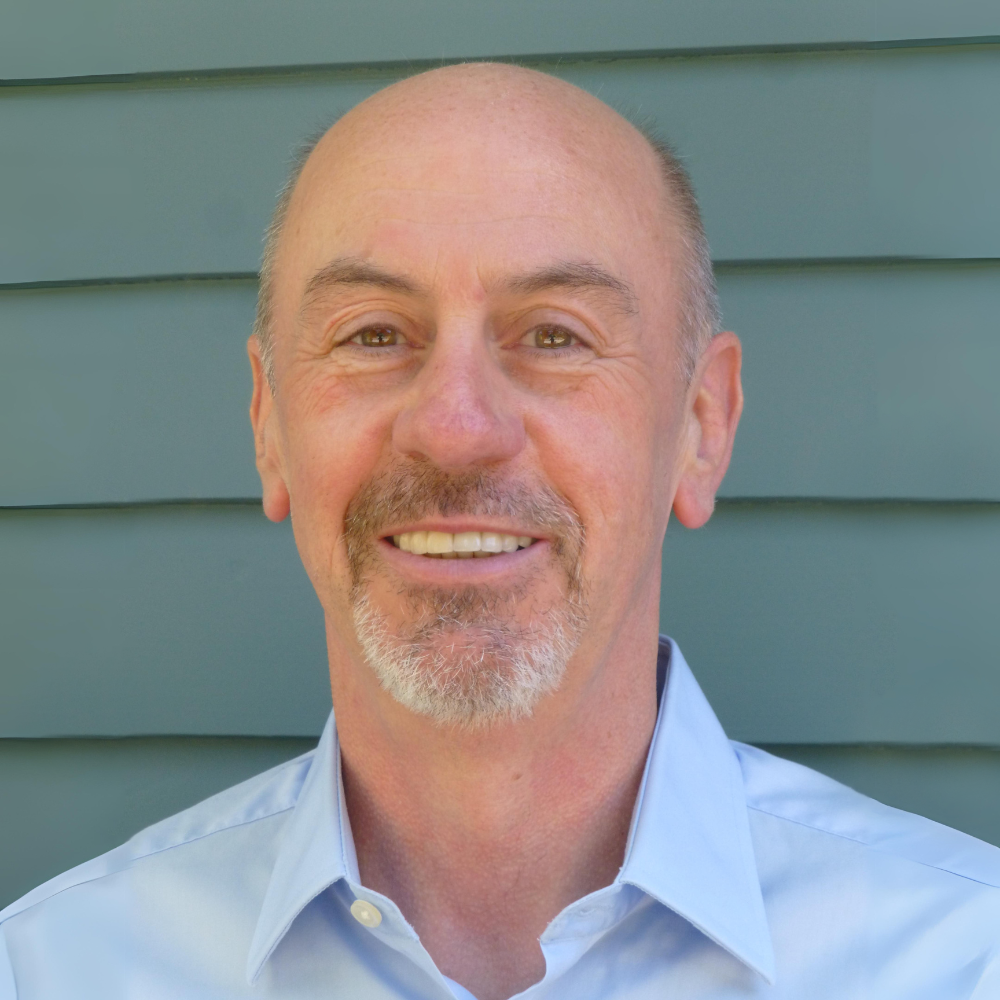 When Jim Baillie began attending university, he didn’t know what philosophy was. As A first-generation student at the University of Glasgow in Scotland, he initially intended to major in Literature. As part of his degree, however, he was required to take a philosophy course, where he had a feeling of ‘recognition’ he had not experienced before. “I remember thinking ‘This is what I do.’”
When Jim Baillie began attending university, he didn’t know what philosophy was. As A first-generation student at the University of Glasgow in Scotland, he initially intended to major in Literature. As part of his degree, however, he was required to take a philosophy course, where he had a feeling of ‘recognition’ he had not experienced before. “I remember thinking ‘This is what I do.’”
After graduation, he spent several years away from academia before returning to commence doctoral studies in 1987. Since academic jobs were scarce, he was encouraged by his American PhD supervisor to join the American Philosophical Association, which posted open positions in the US. It was through the APA that he found University of Portland; he moved to Portland in the summer of 1990 and began teaching that fall. “It was a good time to come to the university,” he says. “We were entering into a sustained period of growth.”
He has introduced many students to the study of philosophy over the years. “Because the University has a big role in the Core curriculum, you have to find an effective way of communicating with groups of people with a wide range of ability and level of interest in the subject.”
His favorite courses over the years have included Philosophy of Mind, aimed at neuroscience students, and classes on Buddhist philosophy, and on issues around death and meaning in life. He has published on a wide range of subjects, and considers himself a generalist. “Too much specialization doesn’t make for good philosophy. It’s in the nature of the subject that issues that crop up in one sub-area have connections to some other areas in ways that might not be obvious.”
However, the work he is most proud of is with the Committee on Rank and Tenure, on which he served as chair from 2011-2012 and again from 2019-2022. “That was the most useful and fulfilling thing I did, and also the most stressful,” he says. “The stakes are so high - it’s people’s livelihoods. But I was fortunate to work with superb people every year on the committee.”
Looking forward to retirement, he has no immediate large-scale plans. “I want to leave some room for the future to reveal itself,” he says. “I want to be surprised.”